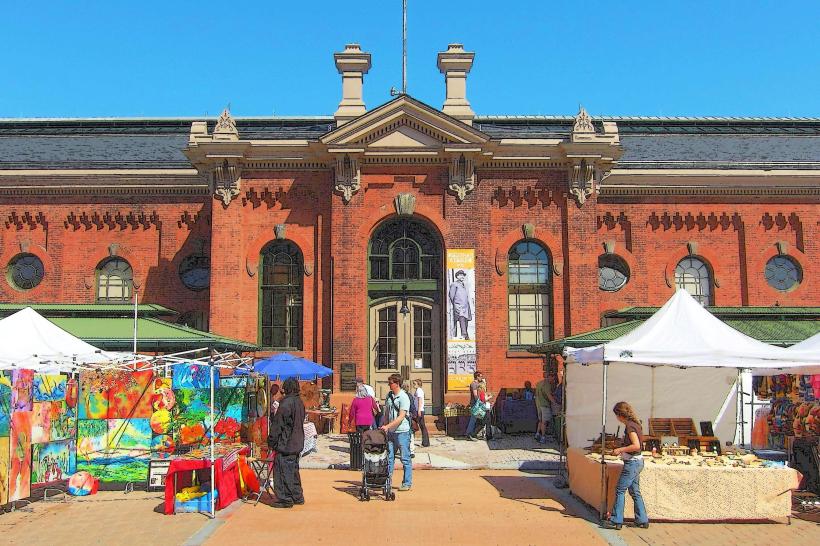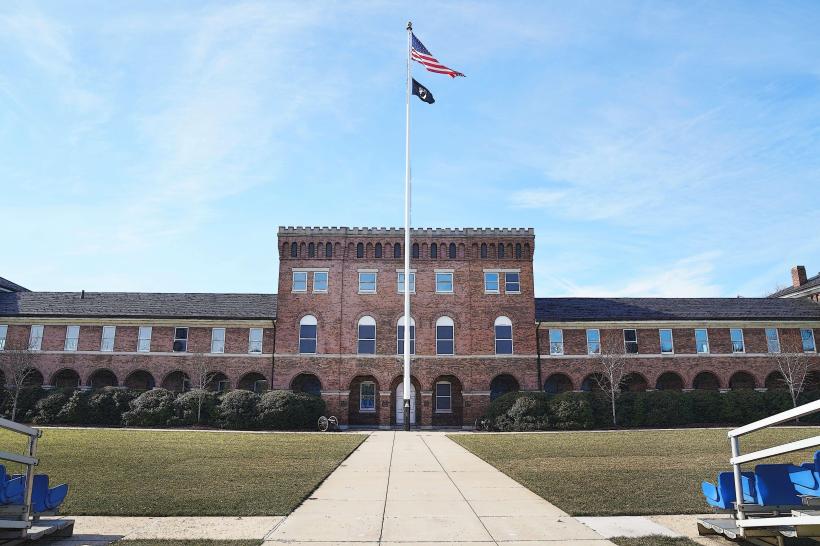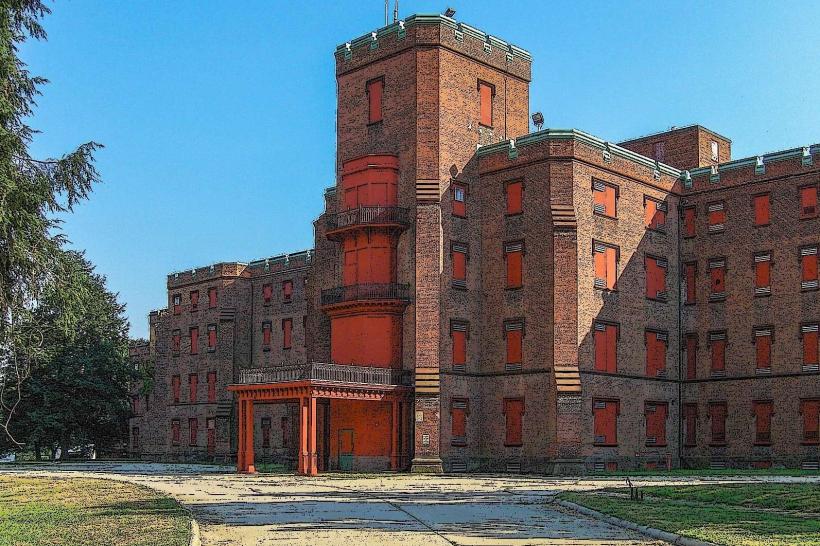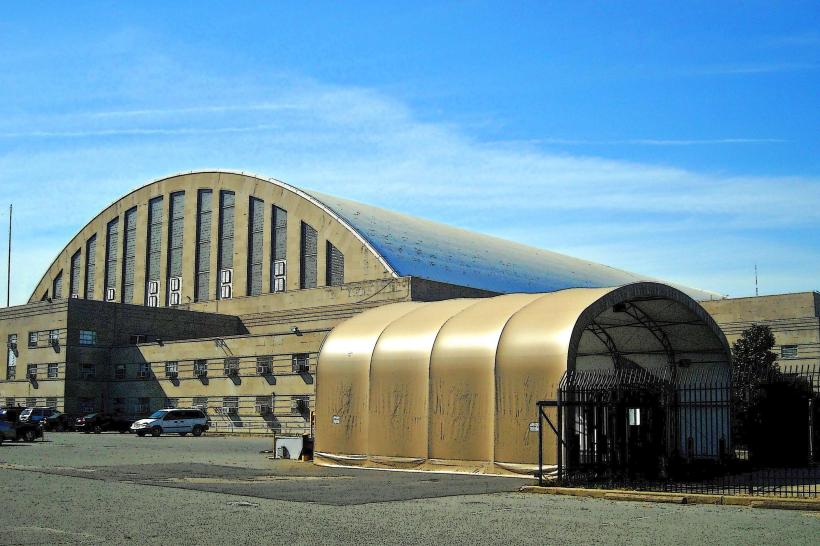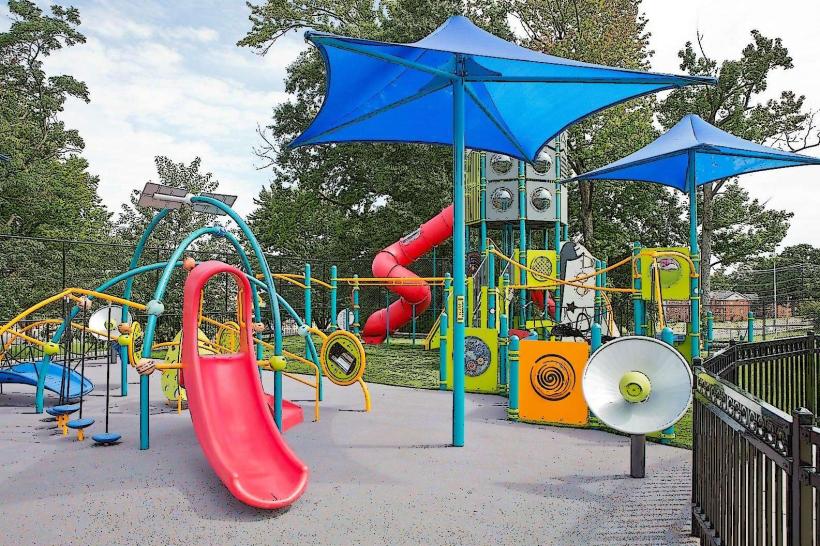Information
Landmark: International Spy MuseumCity: Southeast Washington
Country: USA Washington DC
Continent: North America
International Spy Museum, Southeast Washington, USA Washington DC, North America
The International Spy Museum in Washington, D.C. stands as the world’s foremost institution dedicated exclusively to the craft, history, and contemporary practice of espionage. Situated at 700 L’Enfant Plaza SW, the museum offers an immersive experience that delves deeply into the secretive world of spies, intelligence operations, and covert activities that have shaped global history. The museum’s unique focus and extensive collection provide an unparalleled educational and interactive environment that appeals to a wide range of visitors, from history enthusiasts and students to fans of spy fiction and pop culture.
Historical Background and Mission
Founded in 2002, the International Spy Museum was initially located in Penn Quarter before relocating in 2019 to its current, much larger facility at L’Enfant Plaza. It is a private, non-governmental institution dedicated to preserving and sharing the history and role of espionage in shaping world events. Unlike traditional museums, it emphasizes interactive learning and experiential engagement to bring the often shadowy and clandestine world of spies into vivid focus.
The museum’s mission is to educate the public about the vital role of intelligence in national security and international relations, while also exploring the ethical and political complexities of espionage. It strives to demystify spies beyond the Hollywood stereotypes, showcasing real stories, technologies, and operations from the ancient world to the present day.
Extensive Collections and Artifacts
The International Spy Museum houses over 7,000 artifacts related to espionage, making it the largest public collection of spy-related items globally. Around 1,000 of these artifacts are on display, encompassing a wide variety of objects that reveal the ingenuity and resourcefulness of spies throughout history.
Significant artifacts include:
The Four-Rotor Japanese Enigma Machine: A complex cipher device used by Axis powers during World War II, critical to understanding wartime intelligence battles.
The Lipstick Pistol: A tiny, concealable weapon reportedly used by KGB operatives during the Cold War.
The U-2 Spy Plane Wreckage: Parts from the aircraft piloted by Francis Gary Powers, which was shot down over the Soviet Union in 1960.
Spy Cameras, Microdots, Concealed Weapons, and Disguises: Examples of cutting-edge espionage gadgets from various eras.
James Bond Memorabilia: The museum features the Bond in Motion exhibit, showcasing iconic vehicles and props from the James Bond film series, blending real espionage history with pop culture.
Each artifact is accompanied by detailed stories and context, illustrating how intelligence officers used technology and creativity to gather secrets.
Interactive and Immersive Exhibits
The museum’s layout and exhibits are designed to engage visitors in a hands-on, participatory manner rather than passive observation. Upon entering, visitors are assigned a fictional spy identity and given a "mission" to complete throughout the museum. This gamified approach involves activities such as:
Codebreaking: Visitors attempt to decipher secret messages using authentic encryption tools.
Surveillance Challenges: Guests test their observation and deduction skills in simulated spy scenarios.
Stealth and Evasion: Interactive stations allow participants to experience elements of spy tradecraft, like tailing or avoiding detection.
These immersive elements provide an educational yet thrilling experience, making espionage history accessible and memorable.
Educational Programming and Events
Beyond exhibits, the International Spy Museum offers a robust array of educational programs catering to schools, families, and adults. These include:
Lectures and Panels: Featuring former intelligence officers, historians, and experts discussing espionage topics.
Workshops and Spy Camps: Hands-on programs for youth to learn skills such as cryptography, disguise, and observation.
Book Signings and Film Screenings: Events connected to spy literature and cinema.
Special Exhibits: Rotating and thematic exhibitions that explore specific aspects or eras of intelligence history, such as cyber espionage, Cold War spies, and technological innovations.
The museum actively promotes critical thinking about intelligence ethics and national security issues, fostering a deeper understanding of global affairs.
Architectural and Facility Features
The International Spy Museum’s current building is a purpose-renovated historic structure with modern exhibition spaces, interactive technology, theaters, and meeting rooms. The design supports flexible programming and large-scale events.
Facilities include:
Main Exhibition Hall: Hosting the permanent collection and core interactive experiences.
Special Exhibit Gallery: For temporary or traveling exhibitions.
Theater and Screening Rooms: Used for educational films and guest presentations.
Museum Store: Offering spy-themed books, gadgets, apparel, and souvenirs, allowing visitors to take home a piece of the espionage experience.
The location near L’Enfant Plaza Metro Station offers convenient public transit access, making the museum highly accessible.
Cultural and Social Impact
The International Spy Museum has become an important cultural institution in Washington, D.C., drawing over a million visitors annually. It plays a unique role in:
Promoting Public Interest: Raising awareness about intelligence history beyond government secrecy.
Inspiring Future Generations: Encouraging young people to explore careers in national security, history, and technology.
Bridging History and Pop Culture: By blending factual espionage history with elements of fiction and media, it appeals broadly while maintaining educational rigor.
The museum also supports ongoing research and partnerships with academic and intelligence communities, contributing to a nuanced understanding of espionage’s place in world affairs.
Visitor Experience Summary
Visiting the International Spy Museum offers an unforgettable journey into the hidden world of espionage, combining:
Historical artifacts revealing the evolution of spycraft
Interactive, gamified exhibits that engage visitors directly in spy missions
Special exhibits linking historical espionage to modern-day intelligence challenges
Educational programming enriching knowledge about the complex realities of spying
A dynamic museum environment blending technology, storytelling, and history
This makes the museum a must-visit destination for those interested in understanding the clandestine forces that have shaped global politics and security throughout history.






